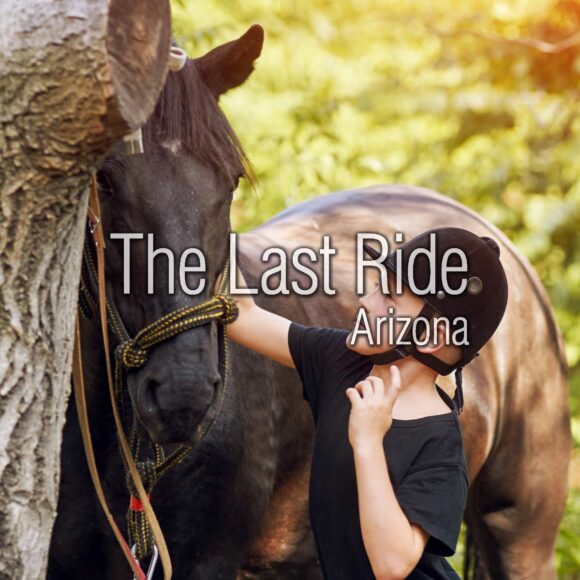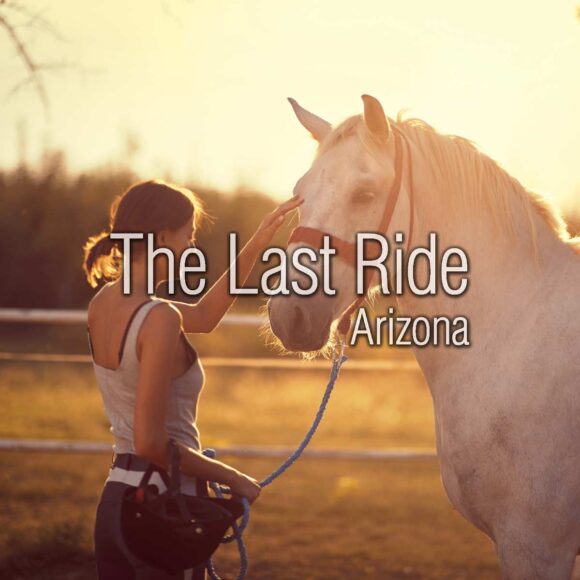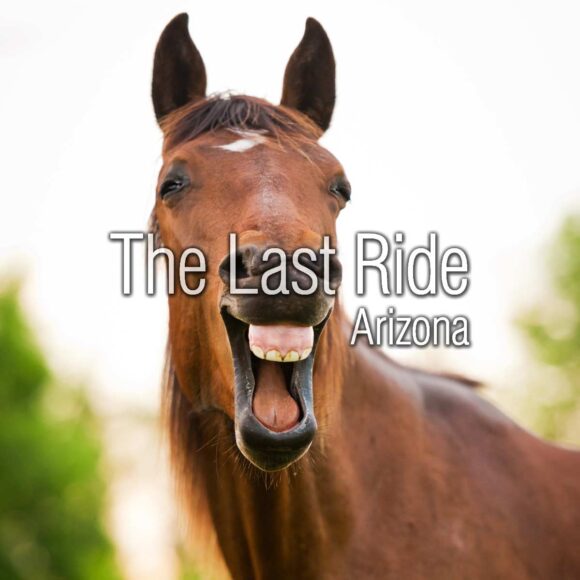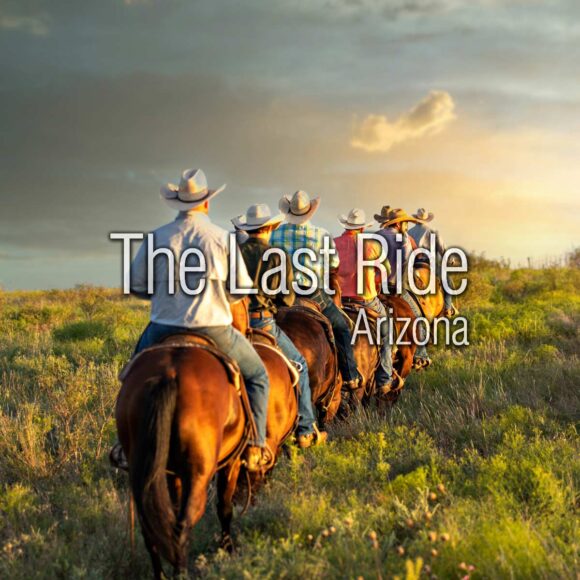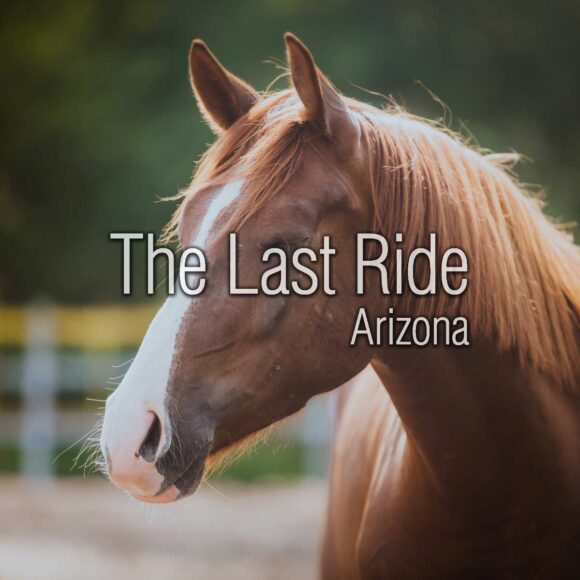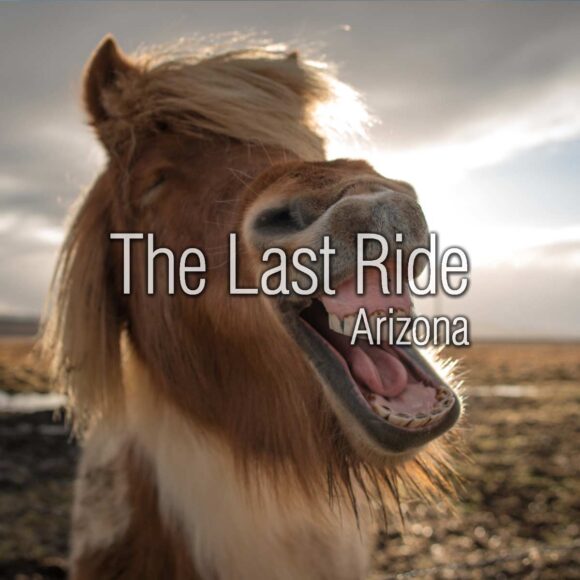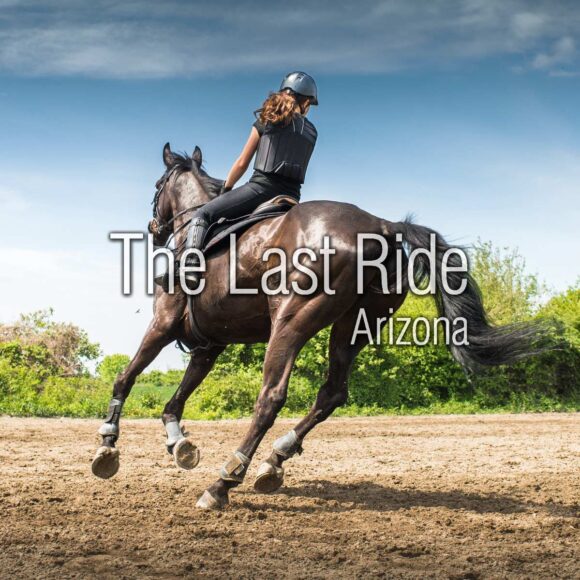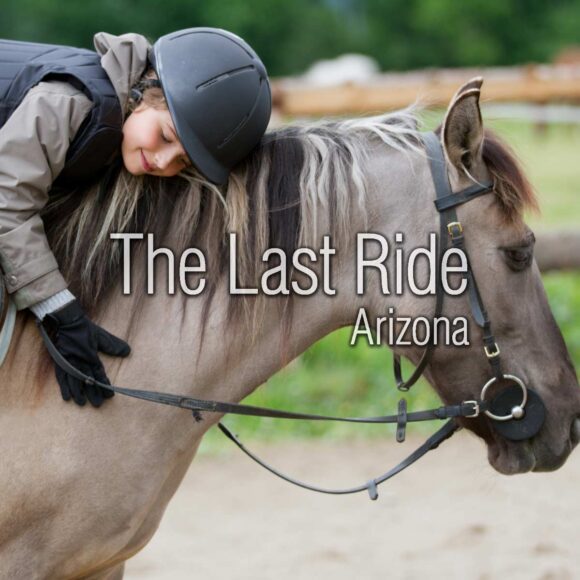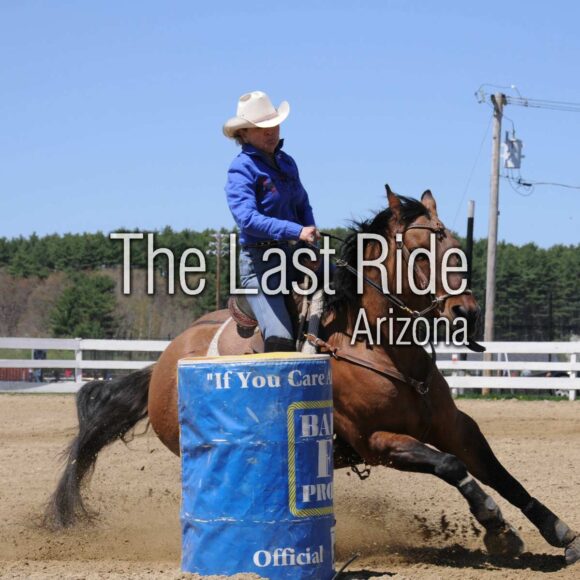The Benefits of Regular Exercise for Your Horse
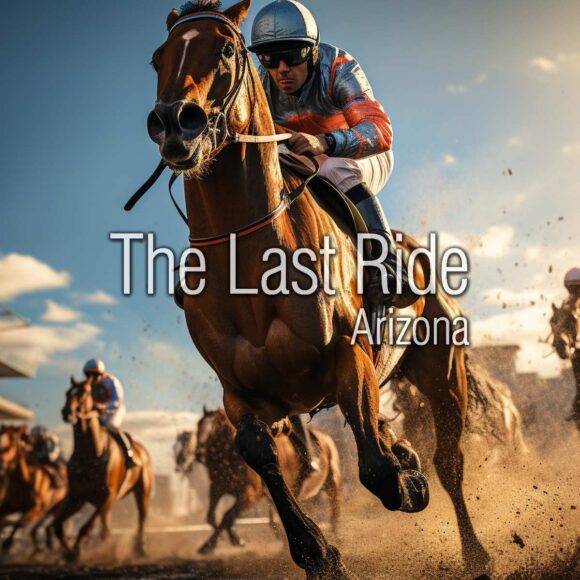
Just like humans, horses also need regular exercise to maintain their physical and mental health.
In this blog, we will discuss the benefits of exercise for horses and some tips on creating an effective workout routine.
Physical Health
Regular exercise helps keep your horse’s muscles strong and healthy, improving their overall physical condition. It also helps prevent obesity and other health issues such as colic, laminitis, and respiratory problems.
Mental Stimulation
Horses are intelligent animals that need mental stimulation to thrive. Exercise not only keeps them physically fit but also provides mental stimulation through new experiences and challenges.
Bonding Time
Exercising with your horse can be a great bonding experience. It allows you to spend quality time together while working towards a common goal.
Improved Performance
For performance horses, regular exercise is crucial for maintaining their athletic abilities and improving their performance in competitions.
Now that we know the benefits of exercise for horses, here are some tips on creating an effective workout routine:
Consult with a Professional
Before starting any new workout routine, it’s important to consult with a veterinarian or equine professional. They can provide guidance on what exercises are suitable for your horse based on their age, breed, and overall health.
Start Slowly
Just like humans, horses also need time to build up their fitness levels. Start with short and easy workouts and gradually increase the duration and intensity as they get stronger.
Mix It Up
To keep things interesting for your horse, mix up their workouts with different activities such as trail riding, jumping, or lunging. This will also help prevent boredom and burnout.
Provide Adequate Rest and Recovery Time
Just like us, horses also need time to rest and recover after a workout. Make sure to provide them with plenty of water, proper nutrition, and enough time to rest between workouts.
Regular exercise is crucial for the overall well-being of your horse. By incorporating it into their routine, you are providing them with a happier and healthier life. We hope these tips will help you create an effective workout routine for your equine companion. Stay tuned for more blogs on equine care and horsemanship! So, keep following our page for updates. Happy riding! See you in the next blog. Let’s continue to prioritize the health and happiness of our horses through regular exercise. Until next time! u and your equine companion in our next blog. So, keep following our page for more updates!
Contact Us Today for Phoenix Arizona Horse Removal and Burial >>
